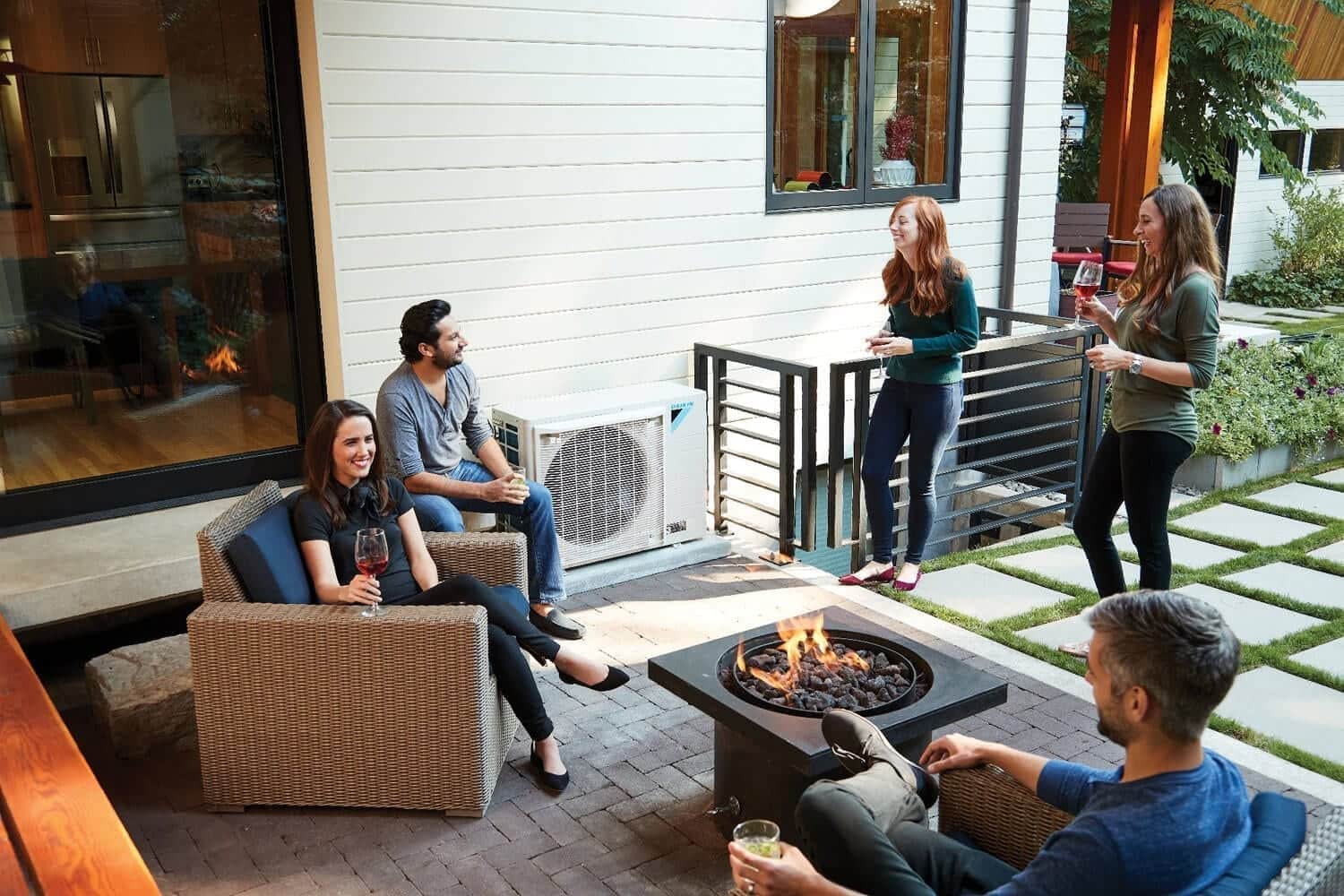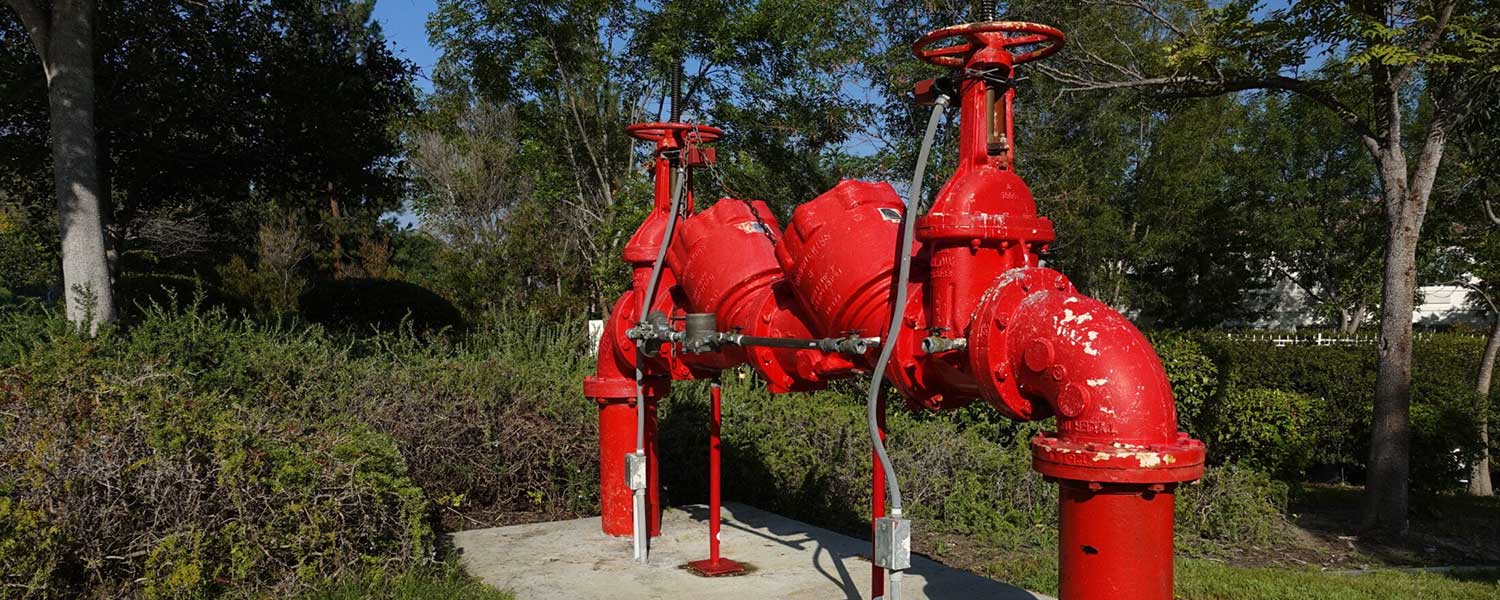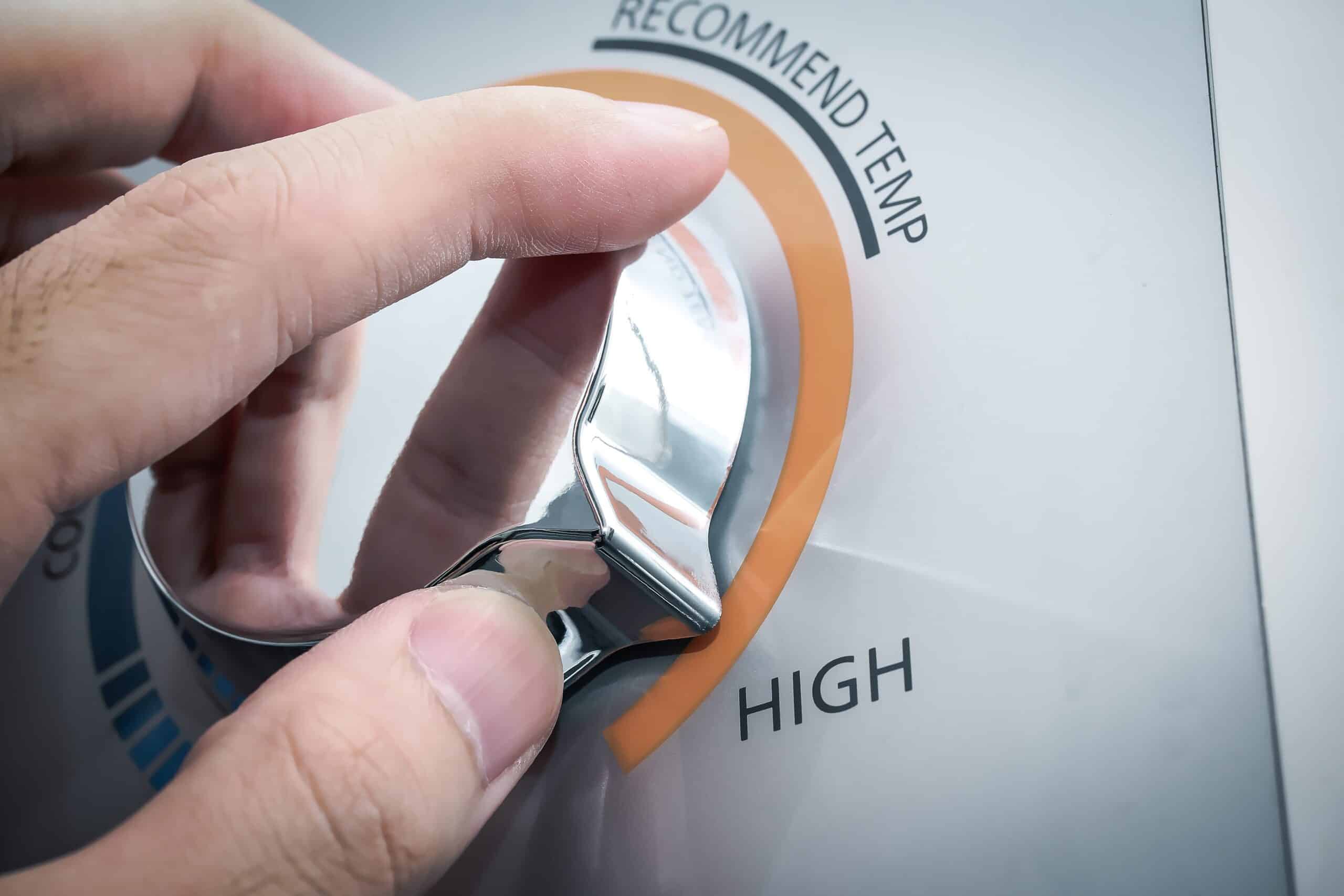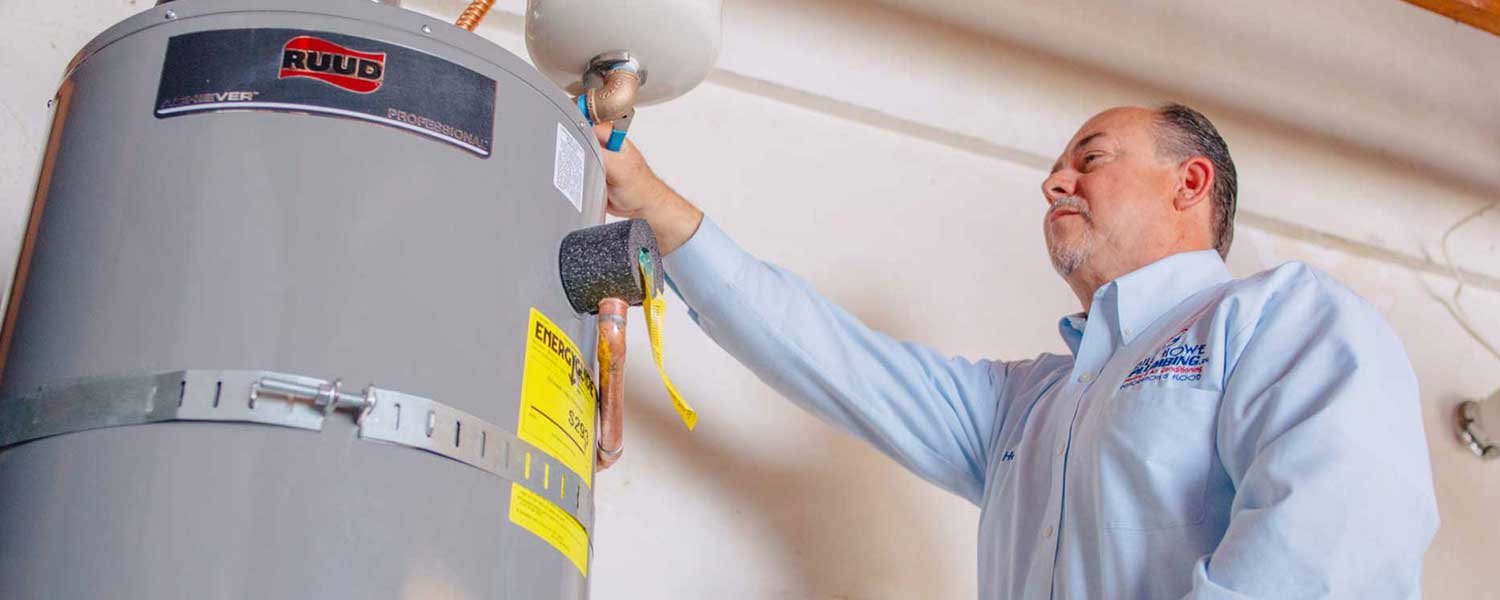Many people ask us about the differences between water conditioners and water softeners. The two terms are frequently confused, but they are not the same. If you’re looking for a water treatment to install in your home, knowing what to look for and what fits your needs best is essential. In this guide, we’ll compare the two systems to help you determine which is the right choice for your needs.
What Is a Water Conditioner and How Does It Work?
A water conditioner works differently than a water softener. This system doesn’t eliminate mineral particles from your water but prevents them from building up on surfaces. “Water conditioner” is a broad term for a method of treating water.
There are different methods of conditioning water, but they all focus on a solution that prevents mineral particles from building up on surfaces and causing damage to your plumbing system.
Electrochemical water treatment systems use electricity to remove dissolved minerals that cause water hardness. This technology is called continuous electrolytic or capacitive deionization or electrically regenerated ion exchange.
Magnetic water treatment, where the hard water passes through a magnetic field, forms microscopic residues that do not form scale on plumbing fixtures. This method is controversial since there is no scientific consensus about its effectiveness.
Electrically induced precipitation is a direct electrical current to precipitate water hardness. Then, the hardness precipitate forms on an electrode, which must be cleaned periodically.
Template-assisted crystallization uses resin beads to convert dissolved hardness ions to microscopic-scale resistant crystals. The fluidization of the beads creates agitation that releases the microscopic crystals and allows for new crystals to keep forming. Once these crystals are released from the resin beads, they will not accumulate on plumbing surfaces.
Water Conditioner vs. Water Softener: What’s the Similarity?
While both address hard water issues, they function in very different ways. Both systems are there to solve the issue of hard water, which is what they call water that is rich in minerals. These minerals (most commonly calcium, magnesium, and silica) can damage the water pipes, appliances, and heat-exchange surfaces in a building. As time passes, lines can get clogged from the minerals building up. Hard water can cause significant damage to plumbing and appliances if not addressed promptly.
Key Differences Between Water Conditioners and Water Softeners
The difference between the two water treatment systems is in their hard water treatment. The big difference is that one system uses salt (water softeners), and the other doesn’t (water conditioners).
A water softener removes most mineral ions, significantly reducing their concentration in the water. Then, the softener replaces these mineral particles with salt. This process is referred to as ion exchange or reverse osmosis.
While a water softener is the traditional way to go, a water conditioner is an innovative solution. This system determines the way silica, magnesium, and calcium behave. It changes the particles’ chemistry. These minerals are not removed but are altered to prevent them from accumulating in pipes and on surfaces. The minerals that make your water hard benefit you; thus, keeping them in is a good idea.
While both water softeners and water conditioners minimize water hardness, a water conditioner typically also addresses other water problems, such as biological contamination with bacteria and algae. This is what we call biofilm; it can build up over time, just like minerals, and cause the same damage to your home. Besides causing damage to your home’s piping systems, biofilm can contaminate your water, making it taste and smell unpleasant. It can even lead to health risks if it’s not properly removed. A water softener won’t tackle the biofilm issue.
Mechanism of Action
When you’re trying to figure out the key differences between water conditioner vs. water softener systems, it’s all about the mechanism of action or how they work. We discussed how they work and some of the key differences, and we’ll go into more detail below.
A water softener system works by removing minerals from your water. So, what does a water conditioner do? A water conditioner doesn’t remove minerals but alters their structure to prevent buildup in your plumbing. Besides reducing hard water, a water conditioning system will also tackle other issues, like unpleasant odors, sediment, and chlorine.
Effect on Water Composition
When figuring out the effect on water composition between a water conditioner vs. water softener system, a key point to remember is that it changes the chemical composition of the water — it produces sodium-rich water in your home. A water conditioner system modifies how the water acts within the water in your plumbing system to keep minerals from clogging your pipes.
Maintenance Needs
Maintenance plays a role in figuring out which system is right for you. When it comes to the maintenance needs of a water conditioner vs. water softener system, a water conditioner will require less maintenance. That’s because a water conditioner doesn’t require electricity or salt to operate and reduces hard water in your home. Water softeners require regular maintenance, such as periodically refilling the salt tank. Refilling the tank is easy, but it is time-consuming. While anyone can refill the tank, if you’re unsure about the specific needs of your type of water softener, it’s best to call a professional.
Cost
Of course, cost typically plays a pivotal role in deciding between a water conditioner vs. water softener system. The initial cost of a water conditioner is lower when compared to a water softener system. Water softener systems will require regular salt refills to regenerate the system. This means the cost of regularly purchasing salt adds to the overall operating expenses. When comparing the overall costs of a water conditioner vs. water softener systems, a water conditioner might be the most cost-effective choice.
Effectiveness
Water softener systems are effective at removing minerals that can cause hard water in your home, like calcium and magnesium. So, if you’re concerned about eliminating hard minerals from your water, a water softener is more effective because water softener systems don’t remove minerals. Water conditioners are more versatile as they address additional issues, such as chlorine and sediment, beyond hard water.
Is Softened and Conditioned Water Safer to Drink?
Water softeners focus on the problem of hard water and don’t remove any other matter, such as organic contaminants and algae. It’s recommended that you install an additional water filtering system for your drinking water if you use a water softener for your home. Meanwhile, conditioned water is safe to drink in the majority of cases.
Pros and Cons of Water Conditioners
There are pros and cons to both types of water treatment systems. While a water conditioning system can be effective at minimizing scaling from your hard water, there are some things to consider.
Pros:
- It can improve the quality of your water, including removing unpleasant odors.
- They are salt-free, which can be beneficial to those who are concerned about sodium.
- It can eliminate contaminants in your water, such as chlorine.
- Require less maintenance.
- Does not produce wastewater.
- They are considered a green alternative compared to water softener systems.
- Easier to install.
Cons:
- Does not remove minerals that cause hard water, such as calcium and magnesium.
- Higher potential for scale buildup.
- Slight water softening capacity.
- It is hard to measure their effectiveness on extremely hard water.
Pros and Cons of Water Softeners
Water softeners are recommended more often for homeowners. That’s because they can effectively remove the hard particles from your water. Water softener can help keep hard particles off your clothes and skin. It can also help keep particles out of your plumbing system. By softening your water, you can enjoy softer skin and hair after showering and, of course, less scale buildup on your appliances and fixtures.
Pros:
- Can help prevent scale buildup by removing water-hardening minerals.
- Softens water so it’s gentler on your skin and scalp. It can help people with conditions like rosacea and dermatitis.
- Aids in dissolving soaps and cleaners better, so you use less detergent for washing, bathing, and cleaning.
- Cleaner glassware and clothes.
- It can help extend the life of your appliances.
- It can add value to your home.
Cons:
- Higher upfront costs.
- Requires more maintenance, including regular inspections and salt refills.
- Water has sodium added to it, which can be linked to health risks.
- Water softeners can remove beneficial minerals, such as calcium and magnesium.
- Some types of water softener systems can waste water.
You might want to look into a filter or reverse osmosis system to keep your drinking water clean from any contaminants or sodium. Together with a water softener, particles of Sodium, Iron, Chlorine, etc., will be removed from your drinking water.
Combining both systems, unfortunately, isn’t a viable option, as one cancels out the other. Using a water conditioner before a water softener will make the ion exchange in a water softener ineffective. If you use a water softener first, it will leave nothing for the water conditioner to operate with, deeming it useless.
Which One Is Better for Your Home?
If your primary concern is to address hard water issues, then a water softener might be better for your home. But if you are looking for a system that maintains mineral content and prevents scale buildup, a water conditioner might be your best option. The answer depends on your water quality needs, maintenance, and budget.
If you’re still trying to figure out if a water conditioner vs. water softener system is better for your home, the best thing to do is consult a Bill Howe professional. Our experts can help you determine the most effective and safe water treatment for your unique needs.
Call Us Today
Do you have any questions about different water treatment systems? Still unsure of the water softener vs. water conditioner differences, and which would suit your home or business better? Call us at Bill Howe to book an appointment. Our friendly and knowledgeable staff can help you with all your water treatment service needs.




